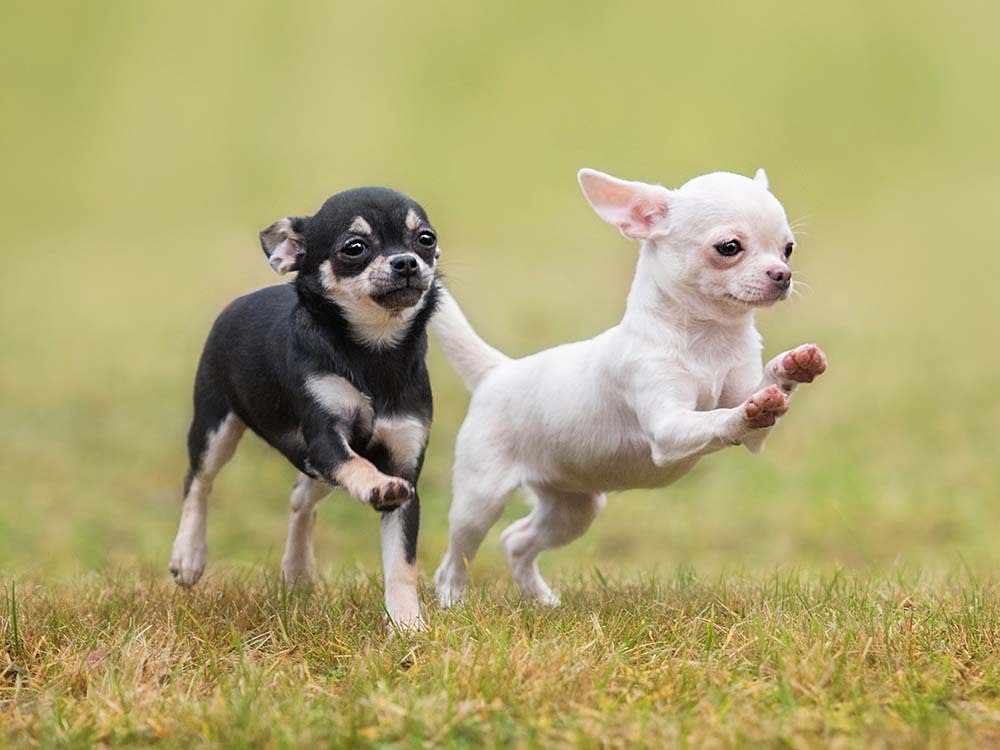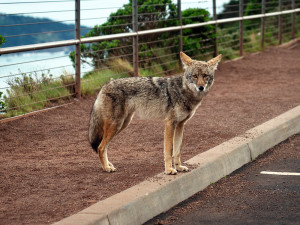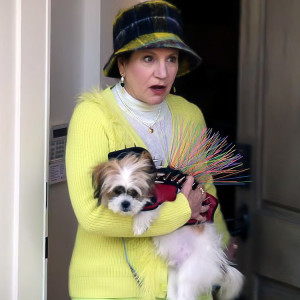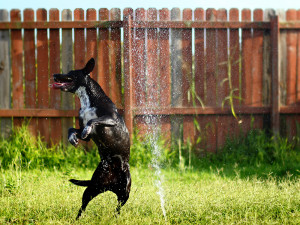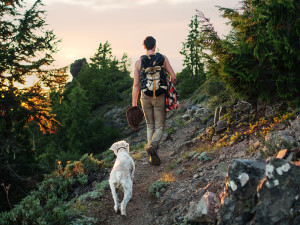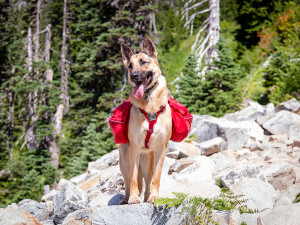How to Protect Your Dog from Hawks and Other Birds of Prey
Hawk attacks on dogs are more common than you might think — here's how to keep your pup safe.
Hawks, owls, and other birds of prey don’t know the difference between a dog and say, a rabbit or a rat — to them, they’re all on the menu. Actually, it’s fairly common for dogs to be attacked by hawks and the like, which is why you should know how to keep your pup out of their talons and safely on the ground.
My friend Dave lives in an upscale neighborhood nestled amongst a dense stand of mature Ponderosa pine trees. One late summer evening, Dave, his wife, their eight-pound Pomeranian Sushi, and another couple took a walk in the woods. Chit-chatting as close friends do, they were lost in conversation, making for an enjoyable evening.
Then, from the corner of his eye, Dave saw a shape streaking toward them, and before he could react, Sushi let out a scream as a Great Horned Owl grabbed and lifted her into the air. The dog’s leash was pulled from Dave’s hand, and he watched helplessly as the owl carried Sushi toward some trees before dropping her to her death.
One night, in Beech Island, South Carolina, William Grace was awakened from his nap by the terrifying scream of his 10-year-old Pomeranian, Tee. Grace ran out of his house and into his backyard to find a large hawk attacking his 10-pound dog. He wanted to kill the bird, but raptorsopens in new tab (another word for birds of prey) are federally protected, so he could only chase it away. But it was too late.
How much do you spend on your pet per year?
Dogs weighing as much as 60 pounds are on record for raptor attacks. Though the instances of them being killed are uncommon, it happens often enough to make precautions worthwhile.
On the other hand, any dog under 20 pounds is at serious risk of being hunted by birds whose natural prey generally includes rodents, birds, rabbits, snakes, and insects. Hawks and their cousins are opportunistic animals, so dogs, puppies, cats, kittens, ferrets, guinea pigs, ducks, rabbits, and chickens are all at stake. Fiercely protective of their nests, these formidable birds are also known to attack larger animals, and even humans on occasion.
Which birds of prey attack dogs?
It’s not just hawks you should look out for. These birds are the most reoccurring offenders:
The Great Horned Owlopens in new tab (Bubo virginianus) is responsible for the highest number of attacks on dogs. These birds are common in cities and suburban areas, and are the most familiar owl in the world. Large and aggressive birds, they are masters of camouflage and are nearly silent when they fly. They’re usually nocturnal hunters, but can be active during the day in winter.
The next most common threat to dogs is the Northern Goshawkopens in new tab (Accipiter gentilis). They are found throughout the Northern states, Canada, and Alaska, and in the lower states occasionally. They prefer old-growth forests and generally build their nests in large trees by clearings, within a short distance to a lake or river. Beautiful and prized by falconers, these magnificent birds mate for life and will aggressively protect their territory.
Red-Tailed Hawksopens in new tab (Buteo jamaicensis) are also notorious for their swift hunting skills. The species is widespread throughout the continental United States and most of Canada, mostly because they’re so adaptable. They thrive in deserts, tundra, grasslands, forests, marshes, and suburban areas around the country.
Other raptors to be wary of include the Great Gray Owlopens in new tab (Strix nebulosa), Barred Owlopens in new tab (Strix varia), Cooper’s Hawkopens in new tab (Accipiter cooperii), and Sharp-Shinned Hawkopens in new tab (Accipiter striatus).
How to protect your dog from hawks and birds of prey
To avoid ending up in a scary, life-threatening situation, here are a few things you can do:
Most importantly, stay with your dog while they’re outside. To effectively deter raptors, you must be visible to them, so remain in full view while your dog is playing. Birds will generally move along when you’re nearby.
Build a covered enclosure — it’s the safest way to leave your pup unsupervised. Plus, the roof provides shade from the sun, shelter from the rain, and protection from raptors while fencing keeps them safe from other threats.
If a fenced and covered enclosure is out of the question, keep your dog under the canopy of a tree or near shrubs — they make it harder for birds to see and therefore attack.
If possible, take more than one dog out at a time. Extra animals are intimidating.
Put up moving, shiny objects in the yard such as silver streamers. They’ve been known to scare off hawks in the past.
Don’t leave bird seed on the ground, as it can attract aerial hunters.
Feed your dog indoors and clean up any leftover food that might attract mice, squirrels, or rats, which are frequent targets.
Get your dog a talon-proof vestopens in new tab for outdoor activities.
When spending time outside with your dog, try to avoid areas where raptors are known to hunt.
While you’re implementing these practices in your dog’s daily routine, it’s important to understand that all raptors are protected under the Migratory Bird Treaty Actopens in new tab, which makes it illegal to injure, capture, or kill them, or disturb their nests or offspring. Protecting dogs is not a justifiable excuse for harming a raptor, and you may be subject to severe fines, jail time, or both if you do so.
Even if you live in an area where hawks and their fellow friends aren’t prevalent, these safety measures can work to protect your pup from other predators such as coyotes, foxes, bears, and other dogs.
